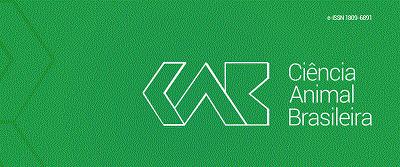Abstract
This study aimed to evaluate the effects of dietary metabolizable energy (ME; 3.40, 3.60, or 3.80 Mcal/kg) and weaning weight (WW; 4.5 ± 0.4 and 6.7 ± 0.5 kg) on nitrogen balance (NB) and gross energy metabolizability in weanling piglets. In total, 32 barrow piglets were individually housed in metabolic cages for 28 d in a 2x3 factorial arrangement with five barrows per treatment. Only light and 3.80 ME and heavy and 3.40 ME/kg treatments had six barrows per treatment each. The diets were formulated to maintain a constant nutrient to ME ratio. Nitrogen balance was evaluated in three periods through total collection of feces and urine. Heavy piglets had 14% greater N intake, absorption, and retention in starter and total periods (P<0.05). The increasing in the levels of dietary ME linearly augmented N intake, absorption, and retention during starter and total periods (P<0.05). The dietary ME levels linearly increased energy metabolizability in all periods (P<0.05). In conclusion, heavy weaned piglets had better efficiency in nitrogen retention. Besides, increasing dietary ME levels can improve the N retention and the metabolizability of dietary energy.
Keywords:
energy metabolism; light piglet; retained nitrogen


